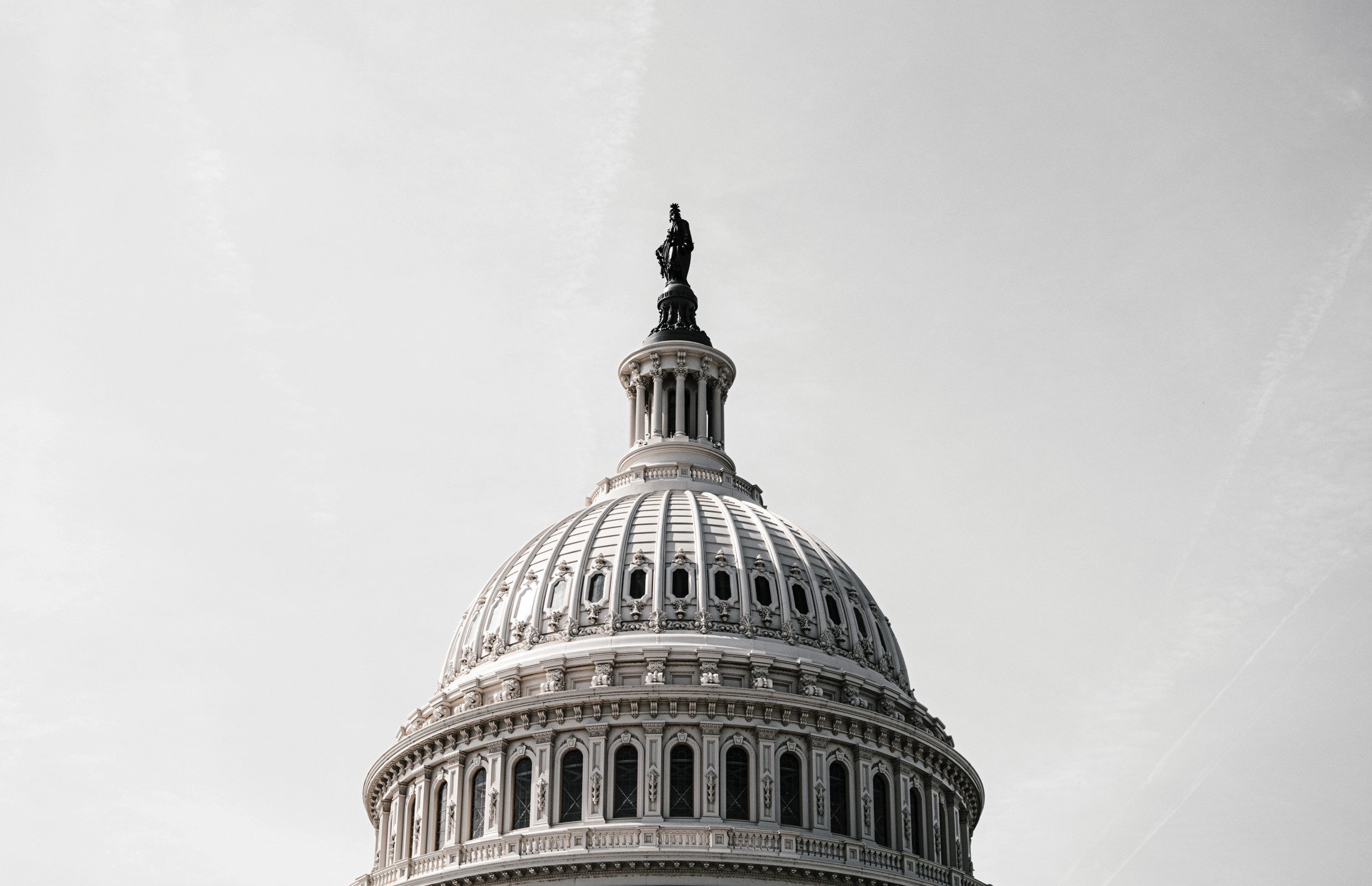Analysis | History of the Electoral College and its controversies
The Electoral College is a contested concept that not many fully understand. Unsplash
In the 2016 presidential election, Democratic candidate Hillary Clinton received approximately 2.9 million more popular votes than then-Republican candidate Donald Trump, according to the Pew Research Center’s data of election results. However, Trump conclusively secured the presidency despite the popular vote, a widely-contested decision that was and continues to be ultimately determined by the Electoral College.
The 2016 outcome is one of five instances in history where the winner of the electoral votes didn’t also receive the popular vote. This occurred in 2000 when George W. Bush defeated Al Gore, when Benjamin Harrison defeated Grover Cleveland in 1888, when Rutherford B. Hayes defeated Samuel Tilden in 1876 and when John Quincy Adams defeated Andrew Jackson in 1824.
The 2020 general election saw President-elect Joe Biden secure 290 electoral votes, followed by incumbent Trump’s 214 votes according to The Associated Press. Biden carries the majority of the popular vote so far at 50.7%, leading Trump by over 4.5 million votes.
Conceived in 1787 at the Constitutional Convention, the Electoral College arose out of a compromise between the framers who wanted representatives to decide for the people and the framers who wanted direct popular elections.
The Electoral College is composed of 538 members, allocating two electoral votes to each state senator in addition to the number of representatives determined by state population in the House. The winner of the popular vote in each state receives all of the state’s electoral votes, excluding Maine and Nebraska, which do not follow the winner-take-all system.
According to The New York Times, electors are not required to vote for specific candidates, though several states require their electors to pledge their vote to one candidate. Faithless electors, individuals who go against the popular vote of the people and do not keep to their pledge, may be fined or have their seat replaced in some states. Though not impossible, faithless electors have never altered an election’s outcome.
The Electoral College has faced great controversy, having grown increasingly contested since the 2016 general election. Coury Hawks, Chapman University sophomore political science major, believes the Electoral College should be reexamined as a whole to better fit the current structure of our democracy.
“The Electoral College is antiquated,” Hawks said. “I understand why it was formed, but in this election especially, it could permit the victory of a candidate who otherwise would have lost.”
Mark Johnson, a Chapman political science professor, understands claims for and against the Electoral College, but finds importance in first analyzing the history in which it came about. Johnson argues the intent of the Electoral College is to provide smaller states equitable representation.
“We’re going through an incredible election right now, which is a good example why the Electoral College is so important,” Johnson said. “If it was simply done on the basis of a popular vote … ironically you would end up disenfranchising a whole lot of states that would no longer be relevant to the electoral process.”

